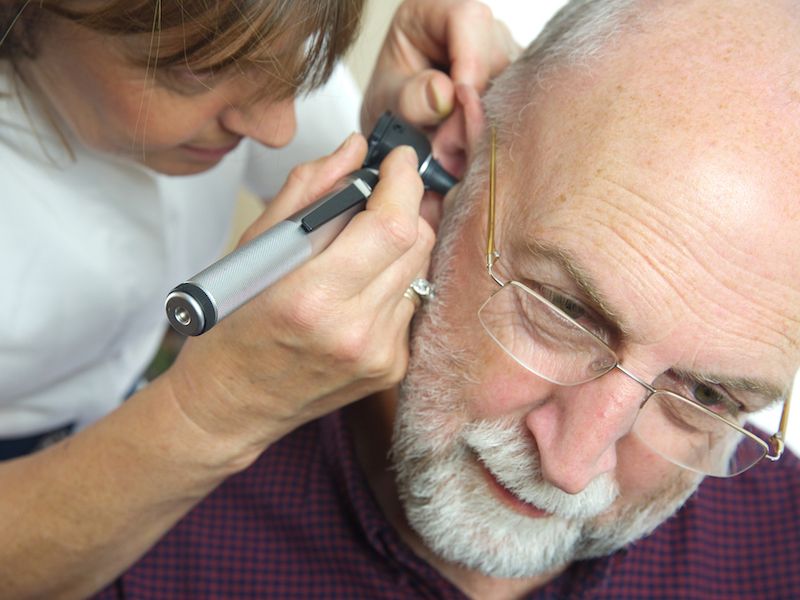
If you have eyeglasses, you know you still need to make an appointment with your eye doctor every year, right? Due to the fact that, with time, your eyes will change. Your eyes and everything else in your body are dynamic not static and this includes your ears. That’s why even once you buy hearing aids, you have to keep getting your ears examined just like you do with your eyes.
Unfortunately, many people miss those regular checkups. It’s easy to overlook going in to see your hearing expert because you’ve been busy enjoying life. Or maybe lately, work has been stressful. You could even be so satisfied with your hearing aids that you just didn’t feel you need to make another appointment. You would usually think of that as a good thing.
In the long run, for individuals with hearing loss, it is even more relevant to have even one follow-up consultation. However, lots of people disregard ongoing care. According to one survey, only 33% of seniors with hearing aids also used regular hearing services.
Why Do You Require Check Ups Once You Get Hearing Aids?
Your hearing is not static. It changes over time. When these changes happen, you should adjust your hearing aids to compensate. Concerns can be discovered early and your hearing aids can be modified accordingly.
It may be a smart plan to have regular hearing exams for other reasons too. Some of the most prevalent reasons to ensure you show up to your next checkup consist of:
- Calibrating Hearing Aids: Although your general hearing health could continue to be stable, small differences in your hearing may create the need for yearly calibration of your hearing aid. Your hearing aids might slowly become less efficient if you ignore this kind of calibration.
- Hearing deterioration: Even if you use a hearing aid, your hearing may continue to deteriorate. If this degeneration is slow enough, you most likely won’t realize it’s taking place without the assistance of a hearing evaluating. Hearing decline can often be slowed with appropriate alterations to your hearing aids.
It’s essential to get your hearing aids cleaned professionally occasionally in addition to tracking changes in your hearing. We can clean all the little parts and keep your hearing in top notch conditions and make sure it’s working at peak performance.
If You Don’t Follow up With Regular Examinations There is a Consequence
If you get frustrated with your hearing aids, say because they don’t work the way you expected them to, you might simply discontinue wearing them and that wouldn’t be good. Using hearing aids helps you hear better, naturally, but it also impacts your overall health. If you discontinue using your hearing aids, not only can your hearing decline faster, you might not notice it immediately. Neglected loss of hearing has been associated with various health problems including mental decline and a greater danger of accidents.
If you really want your hearing aids to keep working at an optimal level, regular checkups are going to be your best bet with regards to accomplishing that. Annual hearing assessments or screenings can help you be sure your hearing aids are working as they should and that your hearing is safeguarded. So make your hearing consultation now.